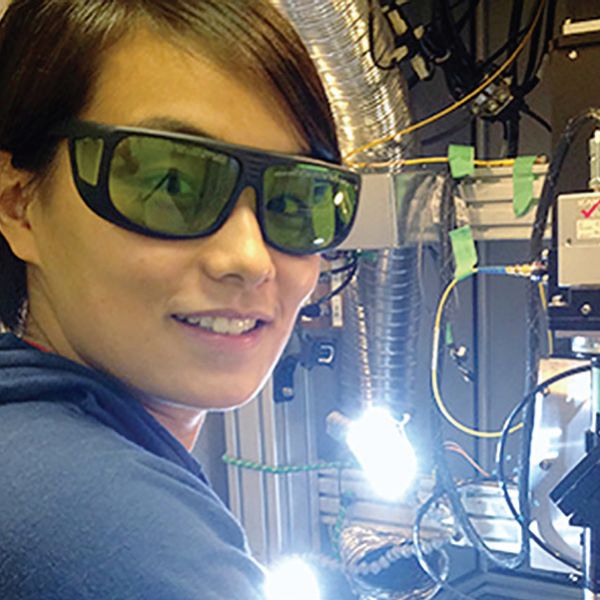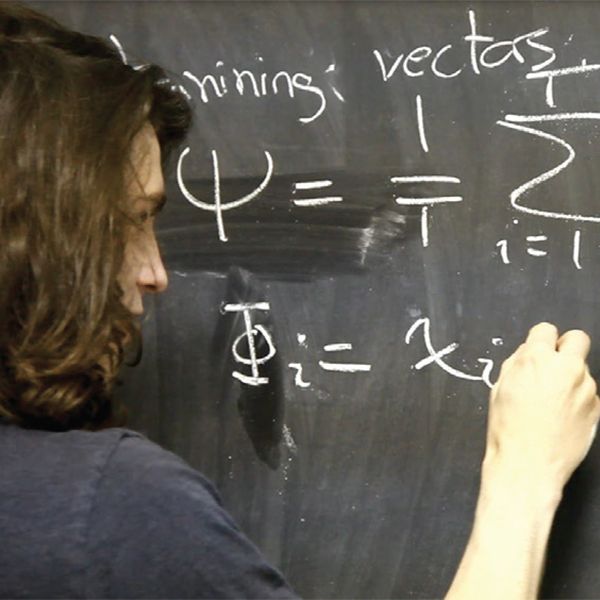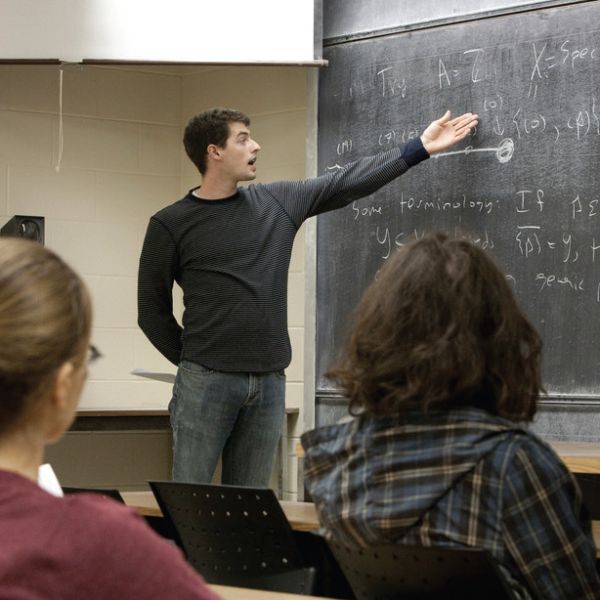Biology - Mathematics
![[illustration]](/artsci/sites/faswww/files/styles/alternate_teaser/public/img/program/biology-mathematics-ed.jpg?h=1595d102&itok=_2b125mF)
Understanding the evolution of drug resistant diseases draws upon knowledge of genetics, genomics, epidemiology, and population ecology and these are all areas of study steeped in both Biology and Mathematics. This example is just one of many that could be used to highlight the growing need for quantitative literacy in academics, medicine, and industry. The Biology and Mathematics SSP incorporates courses from both departments and combines them with specialized courses in “BioMath” to provide an exceptional learning experience in this emerging field.
Biostatistics
Graduates of this program will be capable of working as biostatistical data analysts within multi-disciplinary health research teams. This objective will be achieved through coursework that will equip students with a sound knowledge in observational and experimental study designs, statistical theory, statistical models for health data analysis, and statistical computing.
This program is jointly offered by the Department of Public Health Sciences and the Department of Mathematics and Statistics.
Mathematical Physics

A degree in Mathematical Physics provides you with training in theory, computation, and advanced mathematical modelling techniques relevant for fundamental and applied research. In particular, mathematical physicists study the numeric, combinatoric, algebraic, and computational frameworks that are used to form models of essentially anything that can be quantified. The skills obtained are highly sought after and transferrable to a wide range of fields. The degree leads to careers in academia and government-funded research centres as well as the private sector fields of finance, medicine, technology, and data analytics, to name just a few.
Mathematics

Mathematicians discover and study structures that are fascinating in themselves and that have a surprising ability to help us make sense of many facets of the world: the physical, the biological, the economic, the artistic, the psychological, and the philosophical. By designing and analyzing mathematical models, we increase our understanding of natural processes and human events.
Mathematics & Engineering

The only Engineering program in North America primarily offered by a mathematics department, Mathematics and Engineering blends engineering with advanced mathematics and provides a rigorous treatment of engineering concepts and ideas. You will learn to analyze and solve engineering problems requiring sophisticated mathematical skills, such as those involving modern communications, control, and mechatronic systems, as well as emerging areas such as artificial intelligence and data science.
Mathematics and Statistics

A graduate degree in Mathematics and Statistics is essential for anyone aspiring to research or academic positions, and is very useful for those who want to assume a leadership role in government, business and industry.
Statistics


